Packaging Costs: Custom Paper Box Pricing Explained
Discover what affects packaging costs for custom boxes and bags. Learn how order size, materials, design, and other factors influence pricing.
Contact Us now
Table of content
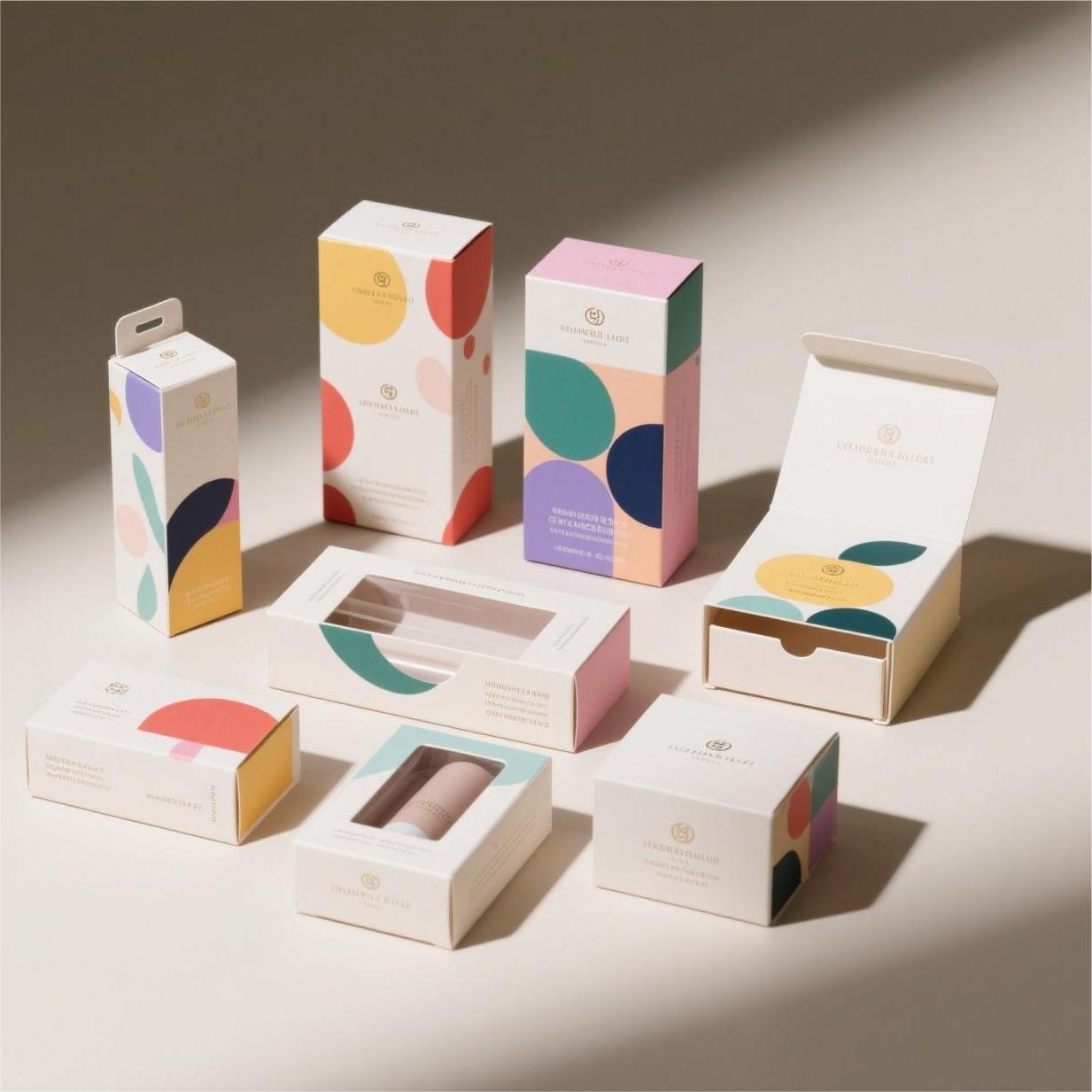
Ready to Elevate Your Brand with 100% Custom Box & Bag Solutions?
Get a Free QuoteUnderstanding the True Cost of Packaging
For brands in today’s competitive markets across the U.S., Europe, and Australia, packaging isn’t just protection—it’s part of the product experience. Whether it’s a premium skincare item, a handcrafted chocolate box, or a limited-edition fragrance, packaging plays a critical role in perception, branding, and sales.
But how much does packaging actually cost?
At GUKA Packaging, we specialize in crafting custom packaging solutions—rigid boxes, folding carton packaging, corrugated shipping boxes, and stylish retail paper bags—for industries such as cosmetics, apparel, wine, candles, electronics, and more. In this article, we break down the key elements that determine packaging costs, helping you make informed decisions tailored to your brand and budget.
Key Factors That Influence Packaging Costs
1. Packaging Material Type
The type of material used plays a big role in the overall packaging cost. Here are common options:
- Rigid Boxes – Known for luxury appeal and sturdiness, rigid boxes are more expensive due to the labor-intensive production and high-end finishes. Ideal for premium products like perfumes or jewelry.

- Folding Carton Packaging – A more cost-effective solution suitable for lightweight items like makeup, supplements, or small gadgets. These are printed on thinner paperboard and folded into shape.

- Corrugated Shipping Boxes – Designed for strength and durability, these are commonly used for e-commerce, food delivery, and subscription boxes.

- Stylish Retail Paper Bags – Often used in physical retail, these enhance brand value and offer portability. Paper type, handle style, and printing affect price.

Each type has different raw material and production costs. For example, laminated rigid boxes with gold foil embossing will cost more than simple kraft folding cartons.
Learn more: Folding Carton vs Corrugated vs Rigid Boxes: How to Choose?
2. How Order Volume Impacts Packaging Costs
In packaging, ordering in larger quantities significantly reduces the cost per unit. This principle, known as economies of scale, means that fixed costs like die-cutting molds, printing setup, and design fees are spread across more units, making each individual box more affordable.
For example, a luxury rigid box that costs around $5 per unit when ordering 500 pieces may drop to approximately $2 per unit at 5,000 units. However, increasing the order to 10,000 units might only bring the price down slightly further to around $1.90 per box. This demonstrates that while economies of scale can bring substantial savings early on, the rate of cost reduction diminishes as order volumes grow larger.
Ultimately, businesses should weigh the benefits of lower unit costs against the need for cash flow, storage space, and product turnover. In many cases, ordering between 1,000 to 5,000 units offers the ideal balance between competitive pricing and manageable inventory levels.
3. Packaging Design and Customization
The more intricate your packaging design, the higher the cost. Elements that influence packaging design price include:
- Custom structure design (e.g., magnetic closure, window cut-outs)
- Premium finishes like foil stamping, UV coating, or spot gloss
- Custom inserts or compartments for product presentation
- Embossing or debossing for logos or patterns
Brands should weigh the importance of aesthetics versus cost. A well-designed box can boost perceived product value, leading to higher sales and better customer retention—but it may come with a higher upfront investment.
Read more: Glossy vs Matte Finish: What’s the Difference in Packaging?
4. Printing Method and Colors
Packaging costs also depend on how your designs are printed. Digital printing is ideal for short runs and prototyping, while offset printing is cost-effective for large volumes. Using more Pantone or custom colors, metallic inks, or requiring color accuracy across batches can increase prices. Also, double-sided printing will cost more than printing on one side only.
5. Shipping and Freight
Is shipping a variable cost? Yes—and it’s an important one. If your packaging is bulky or heavy, expect higher shipping fees. Consider:
- Packaging dimensions and weight
- Delivery destination (domestic vs. international)
- Freight method (air vs. sea)
- Whether the packaging is shipped flat or pre-assembled
Flat-packed folding cartons cost less to ship than fully assembled rigid boxes. Brands must also factor in customs clearance, duties, and storage if importing overseas.
6. Additional Costs: Prototyping, Sampling, and Packaging Design Services
If you work with a packaging supplier who offers structural design and sampling, expect additional fees for:
- Structural mockups or dummies
- Printed samples for approval
- Custom dielines or 3D rendering
At GUKA Packaging, we offer free dieline templates and affordable sampling services to support your development stage. Clear communication during this phase helps avoid errors and unexpected costs in mass production.
Real-World Packaging Cost Ranges
Based on our experience serving brands globally, here are some general price benchmarks:
- Rigid Box with Custom Insert and Foil Stamping: $2.00 – $5.00 (depending on quantity and size)
- Folding Carton Box with CMYK Printing: $0.30 – $1.00
- Corrugated Box (Branded): $0.80 – $2.50
- Luxury Paper Bag with Rope Handle: $0.50 – $1.80
(Note: All prices are approximate and depend heavily on order quantity, materials, design complexity, and shipping.)
How GUKA Packaging Helps You Optimize Costs
GUKA Packaging is a trusted manufacturer for brands across beauty, fashion, electronics, chocolate, wine, supplements, and more. Here's how we help you manage your packaging and pricing:
- Tailored packaging solutions to match your brand identity
- Expert advice on cost-effective structure and material choices
- Competitive pricing for both small businesses and large-scale brands
- Responsive support team and global logistics experience
We also offer flexible MOQ (minimum order quantities), start from 500, and volume-based pricing to help startups and growing brands scale efficiently.
Think Beyond Price—Think Value
Packaging cost is more than just a number. It reflects your brand's story, customer experience, and long-term profitability. By understanding the variables—from material types and design to economies of scale—you can make strategic choices that balance cost and impact.
Our quotes reflect actual production costs with fair margins. Accurate comparison requires a complete design file (dimensions, materials, finishes). Differences in info often cause price variations. We help optimize your structure and materials to reduce costs.
If you're wondering how much packaging will cost for your product, or if you’re looking for a reliable partner to bring your packaging vision to life, contact GUKA Packaging today. Let us help you deliver packaging that speaks for your brand—without breaking your budget.
Recommended for you





.avif)
.avif)
.avif)
.avif)
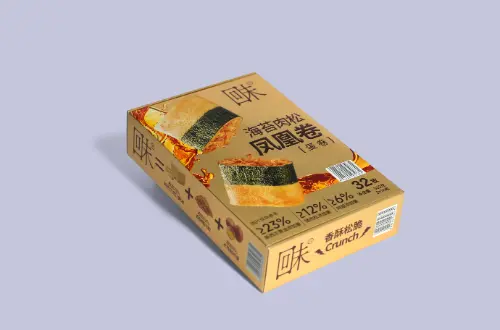
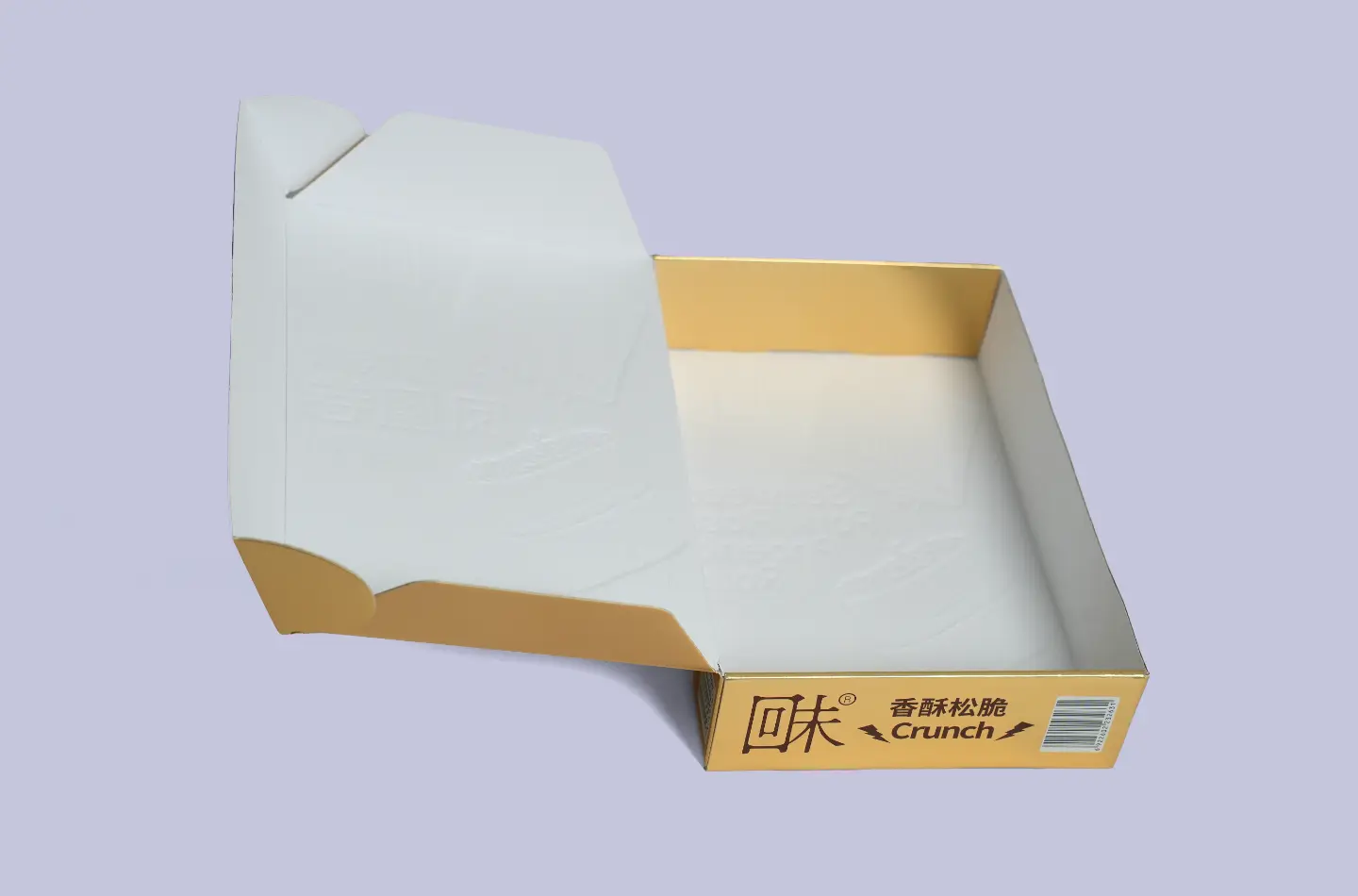



.avif)
.avif)
.avif)
.avif)
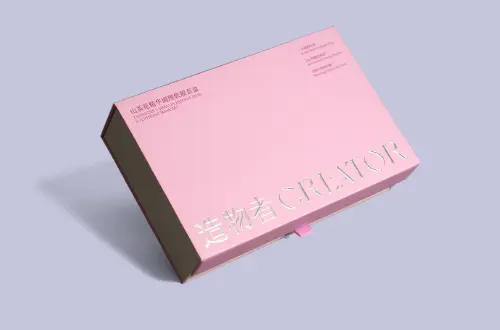
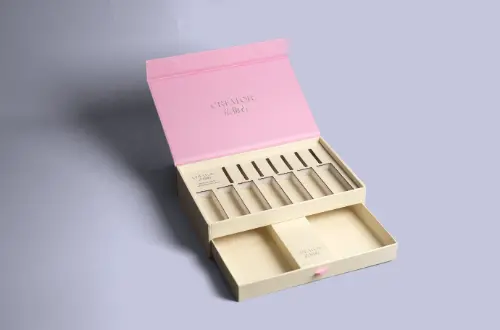
.avif)
.avif)
.avif)
.avif)









